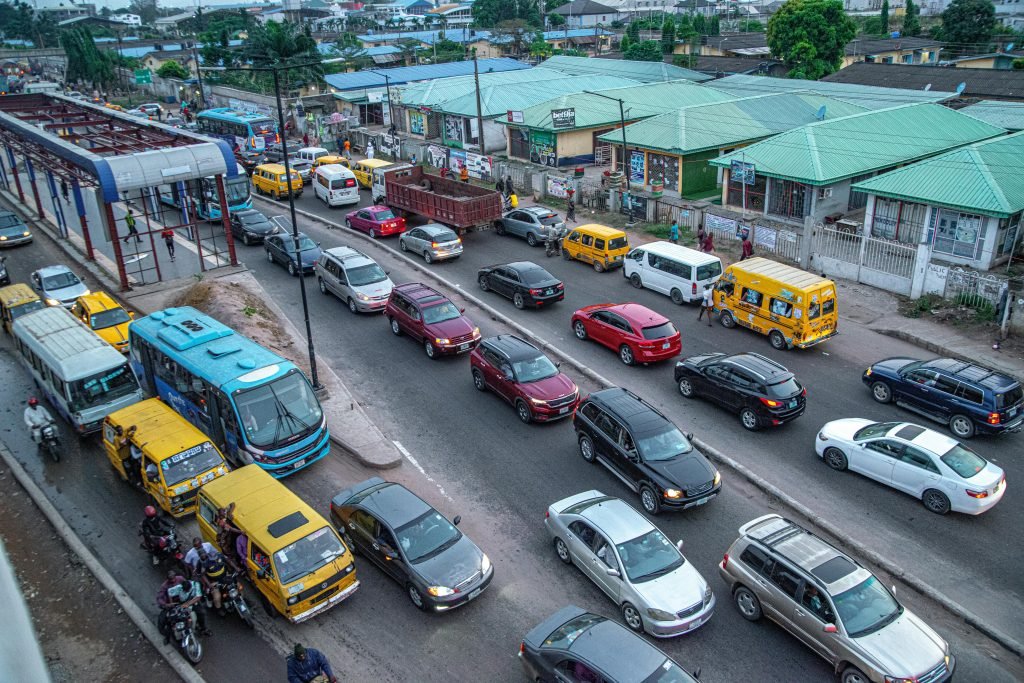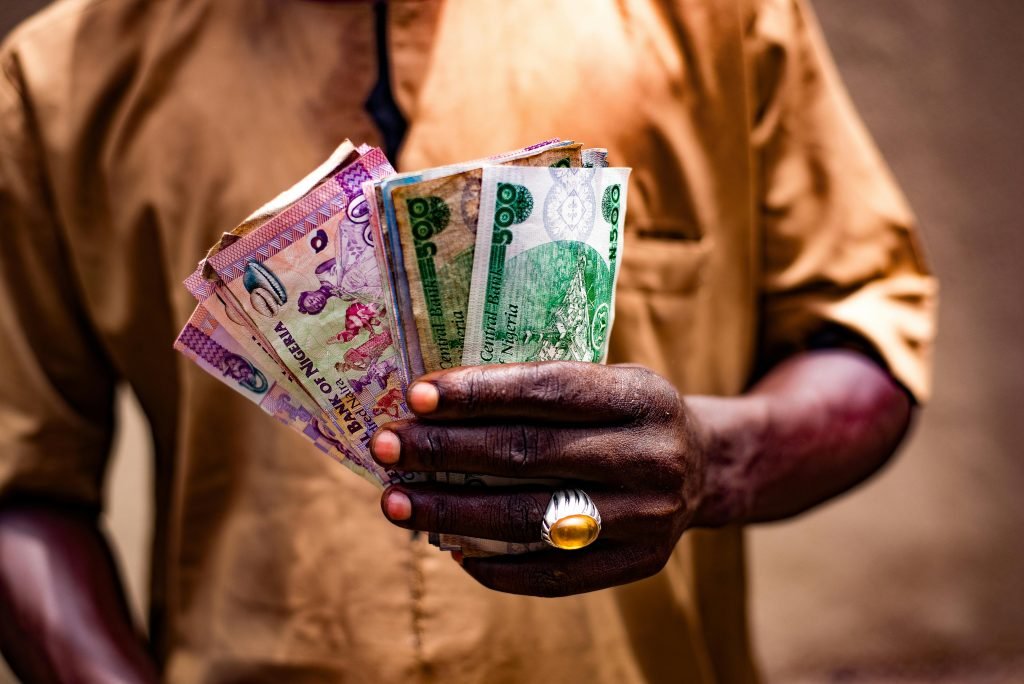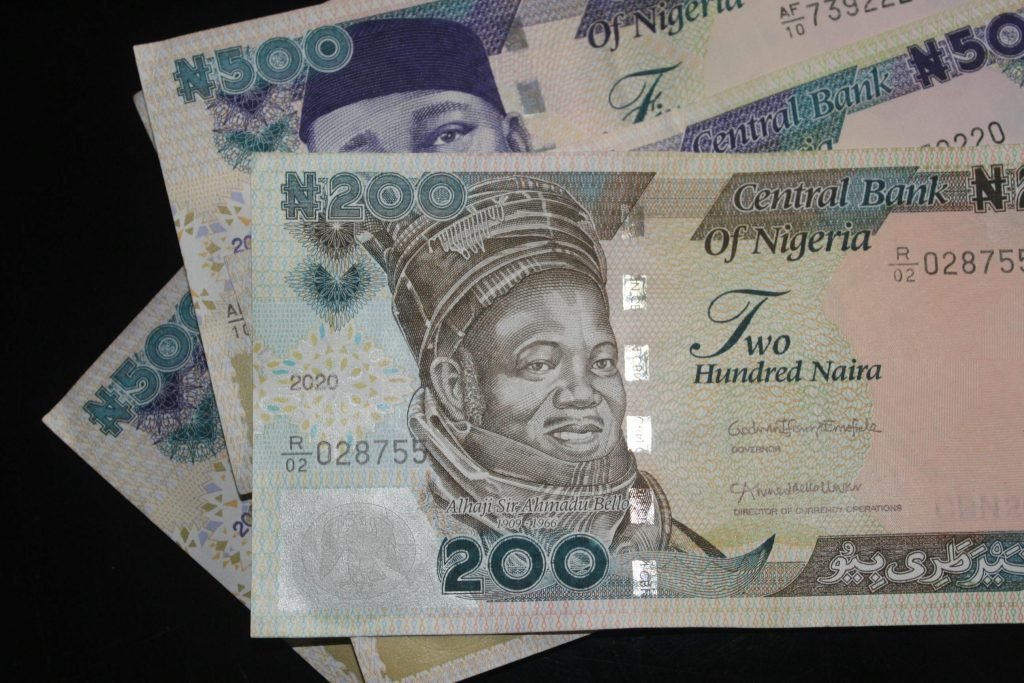When people think of trade in Nigeria, images of busy open-air markets come to mind: endless stalls, lively bargaining, and goods ranging from food to electronics. These informal markets are more than cultural landmarks they are the backbone of Nigeria’s trading economy.
Informal Markets: A Historical Legacy
Informal trade has deep roots in Nigeria’s precolonial societies. Market days were social as much as economic, fostering networks that extended across regions. Today, the informal economy still accounts for more than half of Nigeria’s economic activity, employing millions of traders, artisans, and transport workers.
Major Market Hubs
Nigeria’s informal markets are legendary. Lagos’ Balogun Market is a labyrinth where everything from fabric to electronics can be found. Onitsha Market in Anambra is often described as one of West Africa’s largest markets, famous for books, clothing, and household goods. Kano’s Kurmi Market, centuries old, remains a hub for leather and agricultural products.
These markets supply not only domestic demand but also cross-border trade into Niger, Chad, and Cameroon. Informal exports often bypass official channels, meaning the actual scale of Nigerian trade is far larger than official statistics suggest.
Why the Informal Market Thrives
Several factors sustain Nigeria’s informal markets:
- Accessibility: Low entry barriers make them a refuge for the unemployed.
- Flexibility: Traders adapt quickly to economic changes, shifting goods based on demand.
- Community trust: Transactions are often built on long-standing relationships rather than formal contracts.
- Gaps in formal systems: Limited banking access, high taxes, and bureaucratic hurdles push many into informality.

Challenges
The informal market faces significant obstacles. Poor infrastructure, lack of credit, and exposure to regulatory crackdowns hinder growth. Traders are vulnerable to inflation and currency instability, while unsafe market structures risk fire outbreaks and congestion.
Integrating Informal Trade into the Future
Rather than suppressing the informal sector, Nigeria’s policymakers could harness its vitality. Digitization—through mobile money and e-commerce—offers ways to integrate informal traders into the wider economy. Providing access to microfinance, better infrastructure, and training could unlock productivity and increase tax revenues without stifling creativity.
Informal markets represent the entrepreneurial spirit of Nigeria. They illustrate resilience in the face of economic challenges and remain crucial to the nation’s identity. Recognizing their role is essential for any vision of Nigeria’s economic future.

